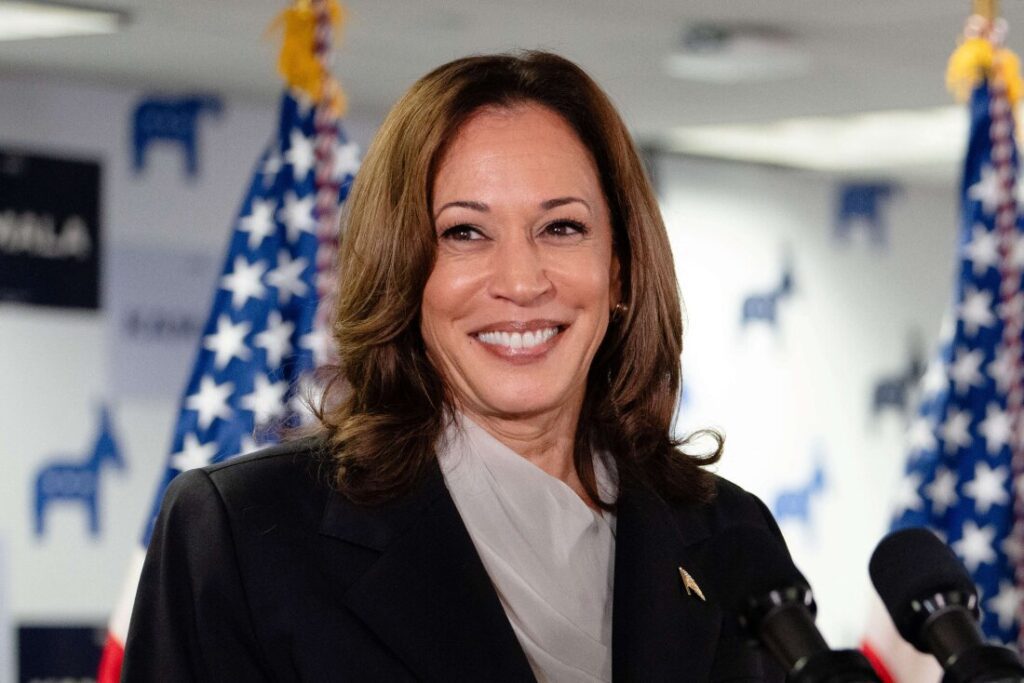As the United States gears up for a pivotal presidential election between Donald Trump and Kamala Harris on Tuesday, November 5, the outcome could have profound effects on Nigeria and its economy.
As one of Africa’s largest economies, Nigeria can experience significant shifts in areas like trade, investment, and economic stability depending on who wins. The close connections between U.S. policies and Nigeria’s economic landscape highlight why this election is important for the West African nation.
With the U.S. economy representing almost a quarter of global GDP, decisions made by the next administration will likely ripple through economies worldwide, especially in emerging markets like Nigeria.
Key Economic Impacts
1. Trade Policies & Tariffs
U.S. trade policies could see a marked shift based on the election outcome, particularly if Trump returns to office. His “America First” agenda may bring in steep tariffs on imports, impacting Nigerian exports in sectors like oil and agriculture. The London Financial has noted that this could strain the U.S.-Nigeria trade relationship, which Nigeria has carefully cultivated. A Harris administration, however, would likely foster a more stable trade environment that supports Nigerian exports to the U.S. market.
2. Foreign Direct Investment (FDI)
Stability in U.S. politics plays a major role in encouraging foreign investment in Nigeria. Election-year uncertainty may lead investors to adopt a cautious approach, which could delay vital FDI projects in Nigeria. Data shows that many global investors are concerned about “election year volatility.” A Harris win could restore investor confidence, leading to more funding for Nigerian startups and infrastructure projects.
3. Oil Market Dynamics
Nigeria’s economy is deeply tied to oil exports, making it sensitive to U.S. energy policies. A Trump administration could favor fossil fuels, potentially stabilizing oil prices. In contrast, Harris would likely emphasize renewable energy policies, which could lower oil demand and impact Nigeria’s oil revenues. Nigeria will need to prepare for potential price fluctuations that may affect its economic outlook.
4. Remittances From Nigerians Abroad
Immigration policies under the next administration could impact remittance flows from Nigerians in the U.S. A Harris administration might implement supportive policies for immigrant communities, ensuring a steady flow of remittances—vital for many Nigerian households and the broader economy. Alternatively, stricter immigration controls under Trump could reduce this crucial source of income for many Nigerian families.
5. Geopolitical Alliances and Support
U.S. foreign policy may shape Nigeria’s diplomatic and security relationships under either candidate. Harris may focus on strengthening diplomatic ties and supporting Nigeria’s fight against terrorism and economic development. Trump’s approach could be more transactional, potentially sidelining Nigeria in strategic discussions.
In summary, the U.S. election is set to have far-reaching impacts on Nigeria’s economic and diplomatic landscape. The decisions made in Washington will echo in Nigeria, affecting trade, investment, and international alliances.


























